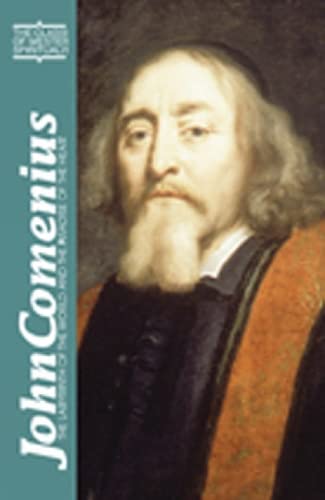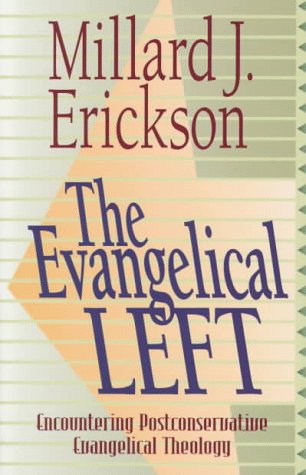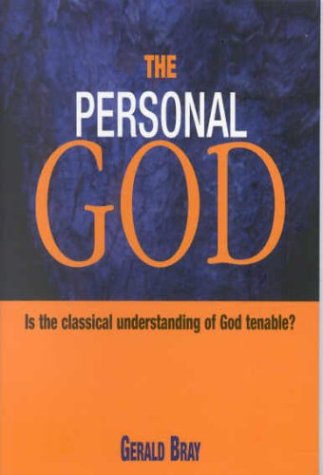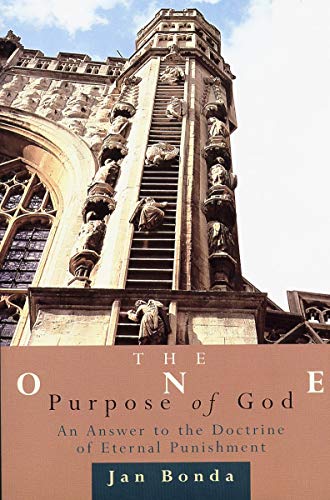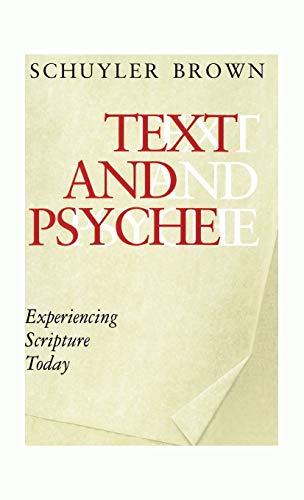Now Choose Life: Theology and Ethics in Deuteronomy New Studies in Biblical Theology 6
Written by J. Gary Millar Reviewed By Peter T. VogtThese books on Deuteronomy share a common purpose: to demonstrate the relevance of Deuteronomy to a modern Christian audience. The authors share the conviction that the OT in general, and Deuteronomy in particular, speaks a timeless message to the Church. Both succeed in communicating that relevance.
Millar’s volume is a substantially revised version of his doctoral thesis. He argues that Deuteronomy can and should be understood as presenting a coherent theological and ethical message. He begins with a helpful introduction to the study of OT ethics, including a brief history of earlier work and an analysis of the difficulties involved in such an enterprise. He concludes that understanding ‘Old Testament ethics’ involves first analysis of the ethical stance or stances of the biblical text (the exegetical task), then synthesis of the material, and finally its application. His book concentrates almost exclusively on the first two aspects.
Analysis of the text begins with an examination of the significance of covenant in Deuteronomy. He notes that, while the book is not a treaty document, the idea of covenant is an important description of Yahweh’s relationship with Israel. This has ethical implications as it demonstrates that Israel must respond to Yahweh’s initiative in establishing a relationship with her.
Millar then describes the significance of the idea of ‘journey’ in Deuteronomy, arguing that the book presents the people as being always on a journey. They are a people ever ‘on the move,’ as they listen to the Lord and respond in obedience. Moses’ preaching in the framework (chs 1–11 and 27–34) demonstrates that Israel is to be ever at Moab, the place and time of decision, and can either move towards the promised land in obedience, or away from it through rebellion.
The idea of journey allows the laws to take on new theological and ethical significance. They allow Israel to keep ‘moving forward’ in obedience to God, even after she has settled in the land. Millar makes a persuasive case for the careful theological integration of the so-called law code of chapters 12–26 with the rest of Deuteronomy, demonstrating that the laws further the theological argument of the framework.
His final two chapters deal with ‘the nations’ in Deuteronomy and the issue of human nature. Millar succeeds in presenting a balanced picture of Deuteronomy’s view of the nations without minimising the serious concerns that are raised for modern readers with regard to the destruction of the Canaanites. Concerning human nature, he shows that Deuteronomy presents human nature as utterly flawed and in need of transformation by God. But the book promises just such a transformation in chapter 30, and so is ultimately to be seen as a book of hope and optimism.
Barker’s book traces the idea of Yahweh keeping promises in Deuteronomy. He follows this theme throughout the book in six chapters. He too, sees theological coherence in Deuteronomy. His analysis of the text is clear and concise, but never trivial. He does not detain himself with in-depth treatment of complex critical questions, but rather always seeks to make the meaning of the text plain. He also shows important connections between Deuteronomy and the teaching of the NT.
Most helpful, however, is Barker’s application of Deuteronomy to modern life. Each chapter concludes with several relevant study questions designed to allow the reader to apply the message of the book to his or her life. In addition. Barker uses masterful analogies and illustrations in his explication of the text which makes the text clear and further demonstrates its relevance. It is ideal for use in a church setting (the study questions provide much fuel for discussion), or for an individual who seeks to understand this key book better.
These books are valuable resources for students who wish to understand Deuteronomy better and for pastors who want to communicate its message to a postmodern world.
Peter T. Vogt
Cheltenham and Gloucester College of Higher Education, Cheltenham



